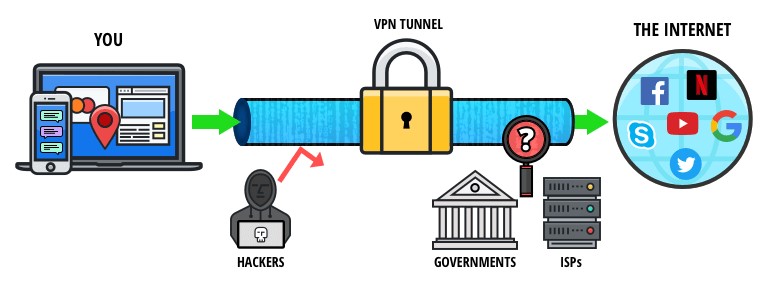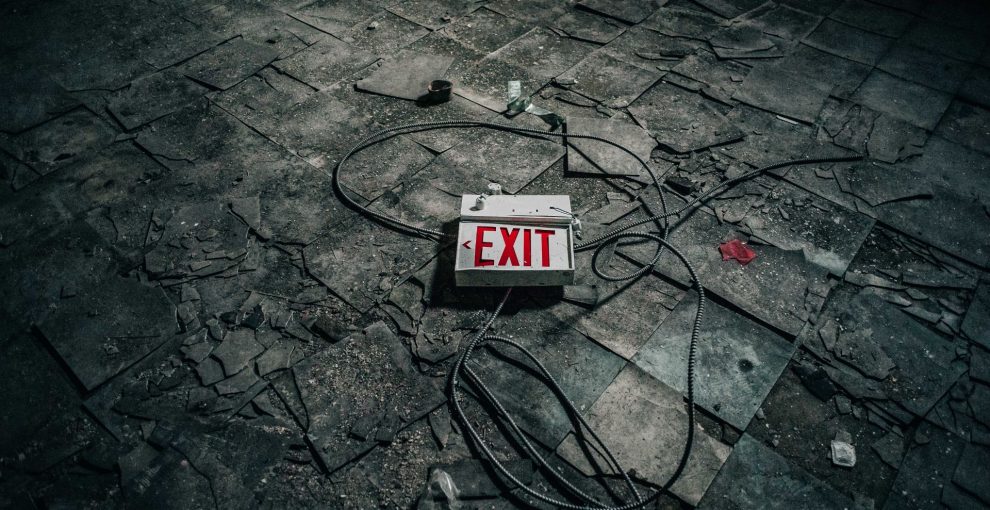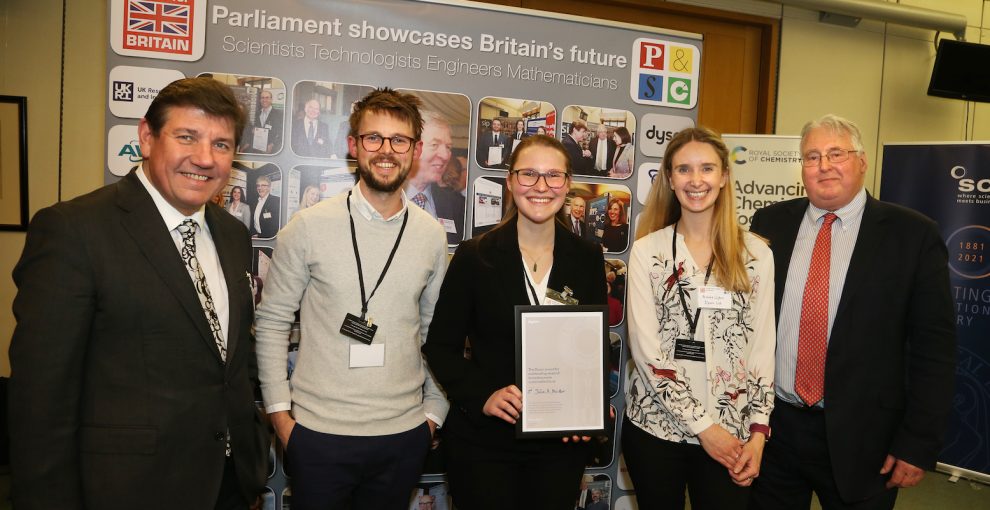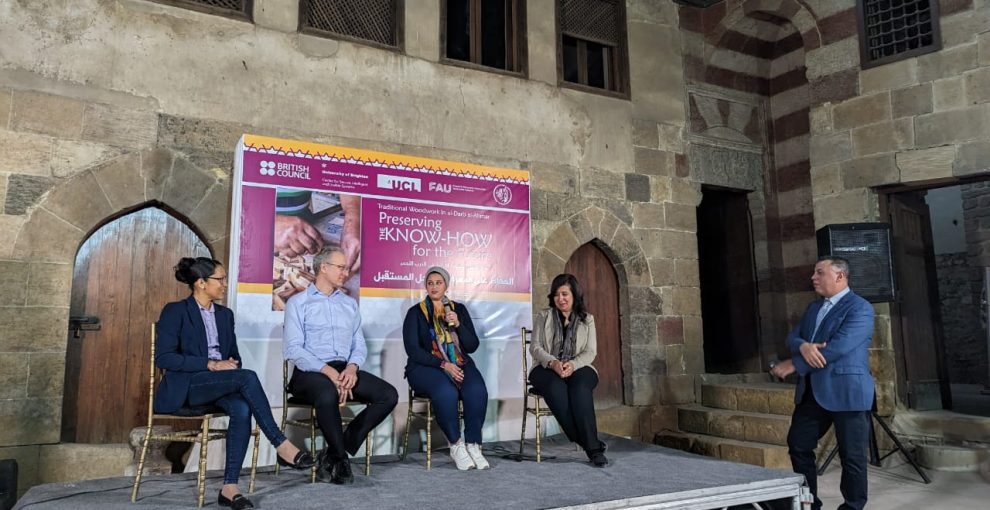Category
News
Dr Rageshree Sinha conducted a RISE workshop on 19/04/2023. RISE- Data Transformation Workshop: How new technologies can turn your data into a powerful asset This was a workshop to work with the SME’s to evaluate the value of their data,… Continue Reading →
Keynote – 50th Anniversary Symposium on Dilemmas in a General Theory of Design (50yearswicked.org) Keynote talk given by Ben Sweeting on 8th June 2023 at a at an online symposium marking the 50th anniversary of Rittel and Webber’s publication of Dilemmas… Continue Reading →
Please join us for a free event on 23/24 June to explore Regency interior designs and wall decorations through interactive projections in a historical setting. The event is part of a project led by Marcus Winter (ATE, CSIUS, CDCI) in… Continue Reading →
VPN usage has surged since the COVID-19 pandemic because of more employees working from home than ever before. Employees rely on VPNs as a means to connect to company systems and access company data while working remotely. In some other… Continue Reading →
The rapidly evolving field of learning technologies continues to offer new and innovative approaches for promoting student engagement and facilitating knowledge acquisition. One such approach is the use of educational escape rooms (EERs), which have become increasingly popular in recent… Continue Reading →
PhD student, Julia Meister, won the “Bronze Sustainability award” out of over 150 finalists in the STEM for Britain competition in the House of Commons. This is an annual poster competition in the Houses of Parliament to support and promote… Continue Reading →
This 2nd of March we ran our public workshop in Historic Cairo presenting the results of the project: “Establishing research links to support the digital transformation of Egypt’s handicraft industries“. This project is supported by a Research Environment Links grant… Continue Reading →
Dr. Fadi Castronovo, a researcher at the centre, in collaboration with Andrew Stanciulescu and Dr. Jesús Oliver, all from the California State University East Bay, published a new article in the International Journal of Mathematical Education in Science and Technology… Continue Reading →
Dr. Fadi Castronovo, a researcher at the centre, in collaboration with Nicholas Stepanik, Dr. Peggy Van Meter, and Prof. John Messner, all from the Pennsylvania State University, published a new article in the Advanced Engineering Informatics journal on their work… Continue Reading →
As part of CSIUS outreach activities, we co-delivered a seminar on utilising data for improving customer experience in tourism within the the regional area. This seminar was organised by the RISE innovation project which aims to help local businesses take… Continue Reading →









